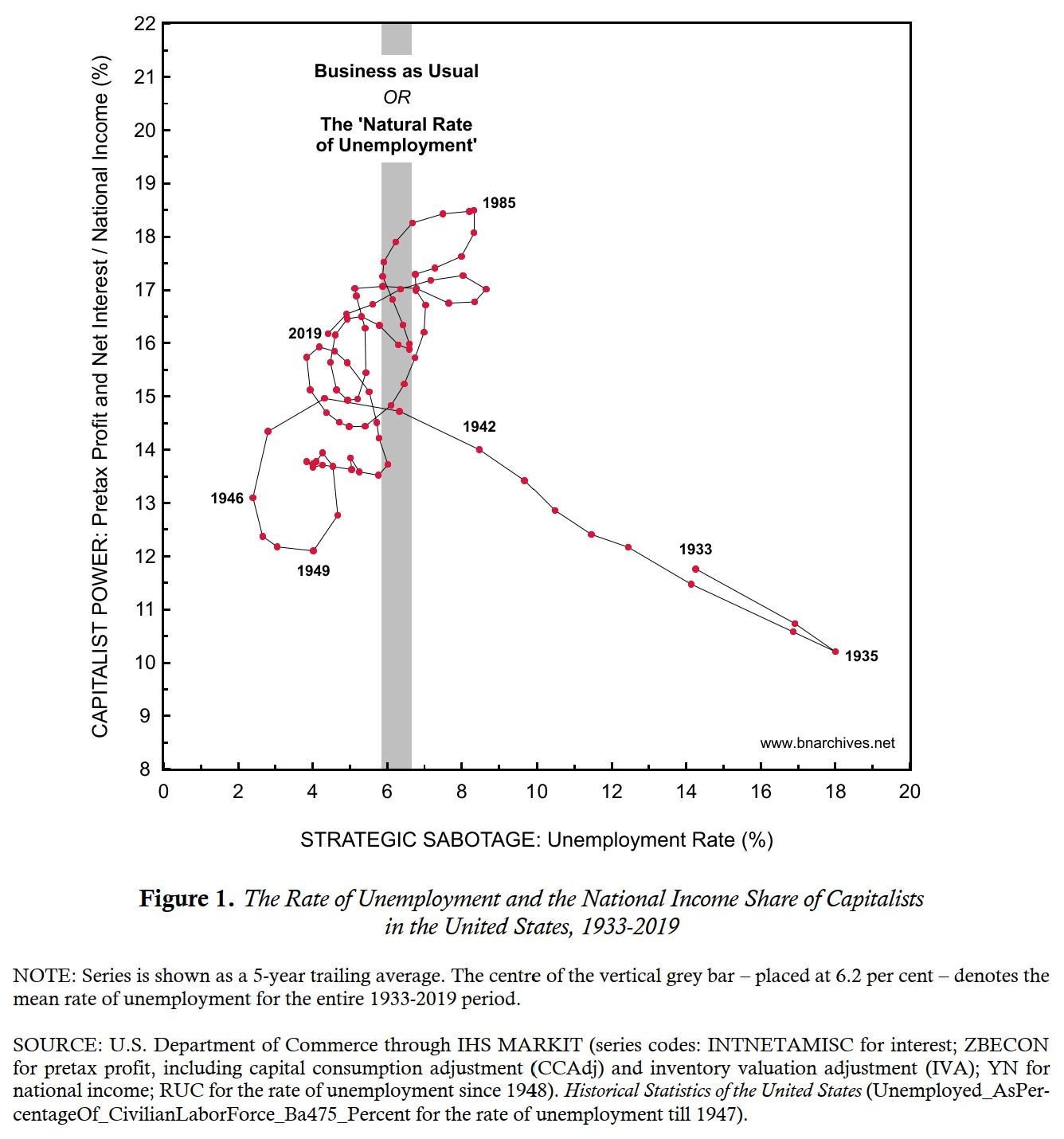- This topic has 6 replies, 3 voices, and was last updated September 25, 2022 at 8:35 pm by .
-
Topic
-
Hi all,
As mentioned in a previous post, I’m just beginning to grapple with the CasP approach and am trying to read as much as possible on the topic. However, for various reasons, the time I can dedicate to this is limited at the moment. With this in mind, I was wondering if I could get your thoughts on some questions that have been troubling me (or if you could direct me to relevant chapters, pages etc.).
1. According to the CasP perspective, could we say that capitalism has a growth imperative?
2. If so, what are the main drivers of this imperative?
3. This question, which is specifically for Jonathan, concerns the following quote (from Capital as Power, 2009: p.232-233):
“In our view, Marx was correct to stress the dialectical imperative of technical change….Over the longer haul, capitalists indeed find themselves compelled – and in turn force their society – to constantly revolutionize the pattern of social reproduction. They continually ‘invest’ in having industry develop for them new methods and products and in expanding their capacity to produce them. Yet all of this they do in the expectation of adequate differential returns, and differential returns are possible only through restriction”
What drives this “dialectical imperative of technical change” and capitalists’ compulsion “to constantly revolutionize the pattern of social reproduction?”
4. Which aspects (if any) of Marx’s analysis can help us to better understand the above?
Thanks in advance.
Adam
- You must be logged in to reply to this topic.

